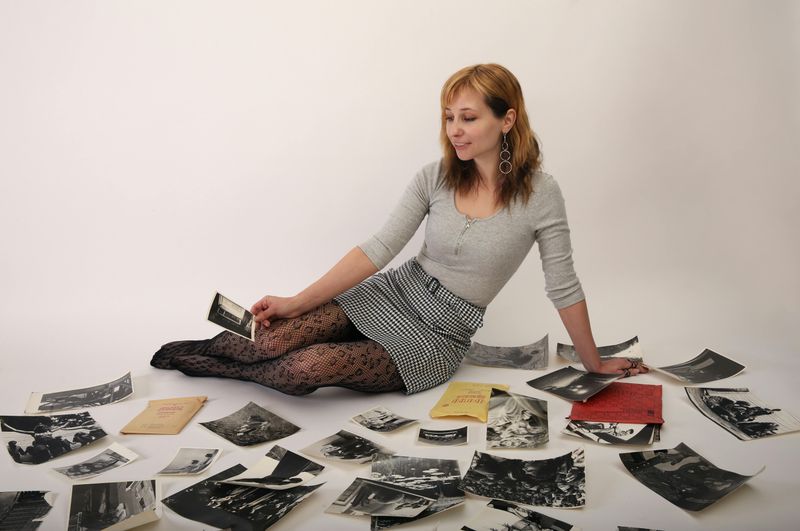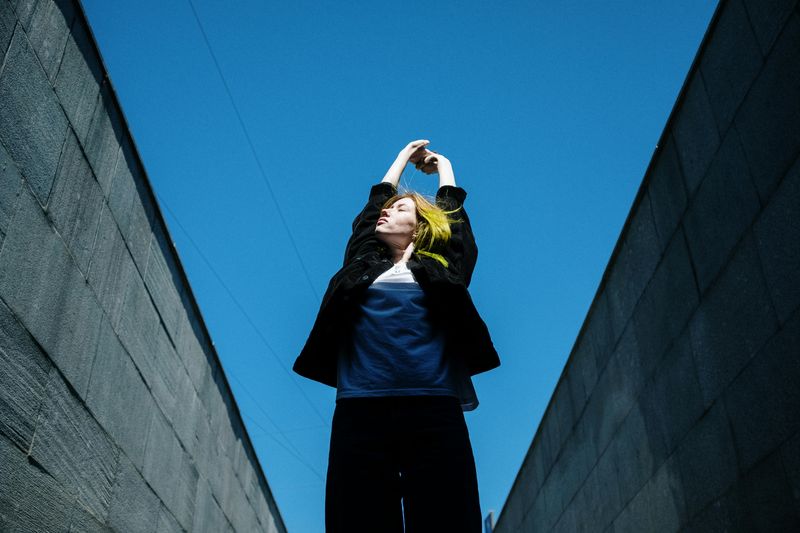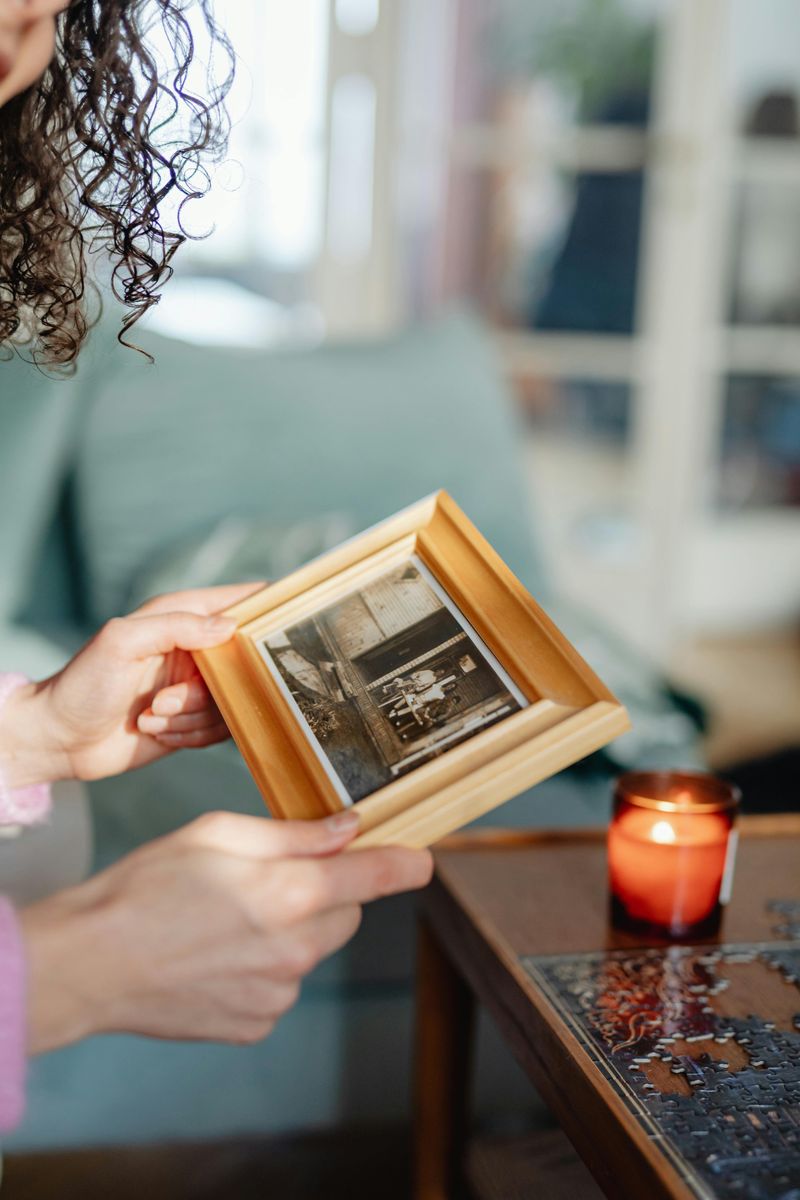Ever find yourself saying things were so much better when you were younger? Maybe you think music was cooler, summers felt longer, or life was just simpler overall.
That warm, fuzzy feeling you get when remembering the past is called nostalgia, and while it feels great, it can actually fool your brain into believing things that aren’t quite true.
1. Your Brain Filters Out the Bad Stuff

Memory works like a highlight reel rather than a complete recording. Your brain naturally keeps the good moments front and center while pushing uncomfortable or boring memories to the back. This mental editing happens automatically without you even realizing it.
When you look back at your childhood, you remember birthday parties and fun vacations. You probably don’t recall the boring Tuesday afternoons or times you felt sick. This selective memory makes the past seem way more exciting than it actually was.
Scientists call this rosy retrospection, and everyone experiences it. Your mind protects you from negative feelings by softening harsh memories over time.
2. Everything Feels More Special When You’re Young

Remember your first slice of pizza? Or the first time you saw the ocean? Those moments felt huge because your brain was seeing something totally new. That sense of wonder is why “firsts” always stick deeper than the rest.
As you get older, fewer things feel truly new. You’ve already tasted most foods, visited different places, and tried various activities. Your brain doesn’t light up the same way for the hundredth pizza slice as it did for the first one.
This explains why childhood summers seemed endless and magical. Every day brought fresh adventures that your developing brain soaked up like a sponge.
3. You Had Way Less Responsibility

Bills, homework that actually matters, job stress, and adult decisions didn’t exist in your younger years. Someone else handled the hard stuff while you focused on playing and having fun. That freedom created space for enjoyment that’s harder to find now.
Looking back, you remember the fun parts without considering how your parents or guardians were probably stressed about money, work, and keeping everything running smoothly. You lived in a protected bubble where consequences felt smaller and mistakes were easier to fix.
Comparing your current responsibilities to your childhood freedom isn’t really fair since you’re measuring two completely different life stages.
4. Pop Culture Felt Like It Was Made Just for You

During your teen years, you discovered music, movies, and shows that spoke directly to your experiences. Artists and creators were targeting your exact age group, making content that resonated with what you were going through. That personal connection felt incredibly powerful and meaningful.
Today’s pop culture targets younger generations, so it naturally doesn’t connect with you the same way. That doesn’t mean current stuff is worse; it just wasn’t designed with you in mind anymore. Your favorite band probably sounds dated to today’s teens.
Everyone thinks their generation had the best entertainment because they experienced it during their most emotionally impressionable years.
5. Social Media Wasn’t There to Ruin the Moment

Before smartphones dominated everything, hanging out meant actually being present with your friends. Nobody was checking notifications, comparing themselves to filtered photos, or worrying about posting the perfect picture. Conversations happened naturally without digital distractions pulling attention away every few seconds.
This absence of constant connectivity made relationships feel simpler and more genuine. You weren’t aware of what everyone else was doing all the time, which reduced comparison and jealousy. Plans got made and kept without the endless group chat rescheduling that happens now.
The past seems better partly because you weren’t carrying a comparison machine in your pocket everywhere you went.
6. You Confuse Personal Growth with Actual Decline

As you mature, you naturally become more critical, aware of problems, and less easily impressed. This shift in perspective makes everything seem worse than before, but the world hasn’t necessarily changed that much. You’ve just developed a more complex understanding of how things work.
Kids see the world through simpler eyes, finding joy in small things and not noticing bigger societal issues. Adults carry more knowledge about problems, disappointments, and harsh realities.
That heavier awareness can make the present feel darker than the past. The magic didn’t disappear from the world; you just learned how the tricks work behind the scenes.
7. Time Perception Changes as You Age

When you’re seven years old, one year represents a huge chunk of your entire life experience. Summer vacation feels like forever because three months is a significant percentage of the time you’ve been alive. Your brain processes duration based on proportional experience rather than actual clock time.
As an adult, a single year becomes a smaller fraction of your total lifespan. Summers fly by because three months now represents a tiny slice of your existence. This mathematical reality makes childhood feel stretched out and special in memory.
The past seems longer and richer partly because your younger brain experienced time at a different pace than it does now.
8. You’re Remembering Feelings, Not Facts

Emotions stick in memory far better than specific details or accurate information. You might remember feeling happy at a childhood event without recalling what actually happened or why. Over time, that positive emotion becomes the whole story, and your brain fills in idealized details that may not match reality.
Studies show people consistently misremember past events in ways that match their current beliefs and feelings. If you’re stressed now, the carefree past seems even better by comparison. Your present mood actually changes how you reconstruct old memories.
Nostalgia is more about emotional truth than factual accuracy, which is why it feels so real even when it’s distorted.
9. You’re Comparing Your Behind-the-Scenes to Everyone’s Highlight Reel

When remembering the past, you naturally think about the best moments from your entire peer group and community. You recall the coolest parties, funniest jokes, and most exciting events from everyone you knew. That creates an impossibly high standard that no single present moment can match.
Your current life gets compared to this greatest-hits compilation from years of experiences. Today feels boring because you’re living through the mundane daily moments that you’ll later forget.
In ten years, you’ll probably look back at now with the same rose-colored glasses. The past wins this unfair competition because memory has already done the editing work for you.

Comments
Loading…